
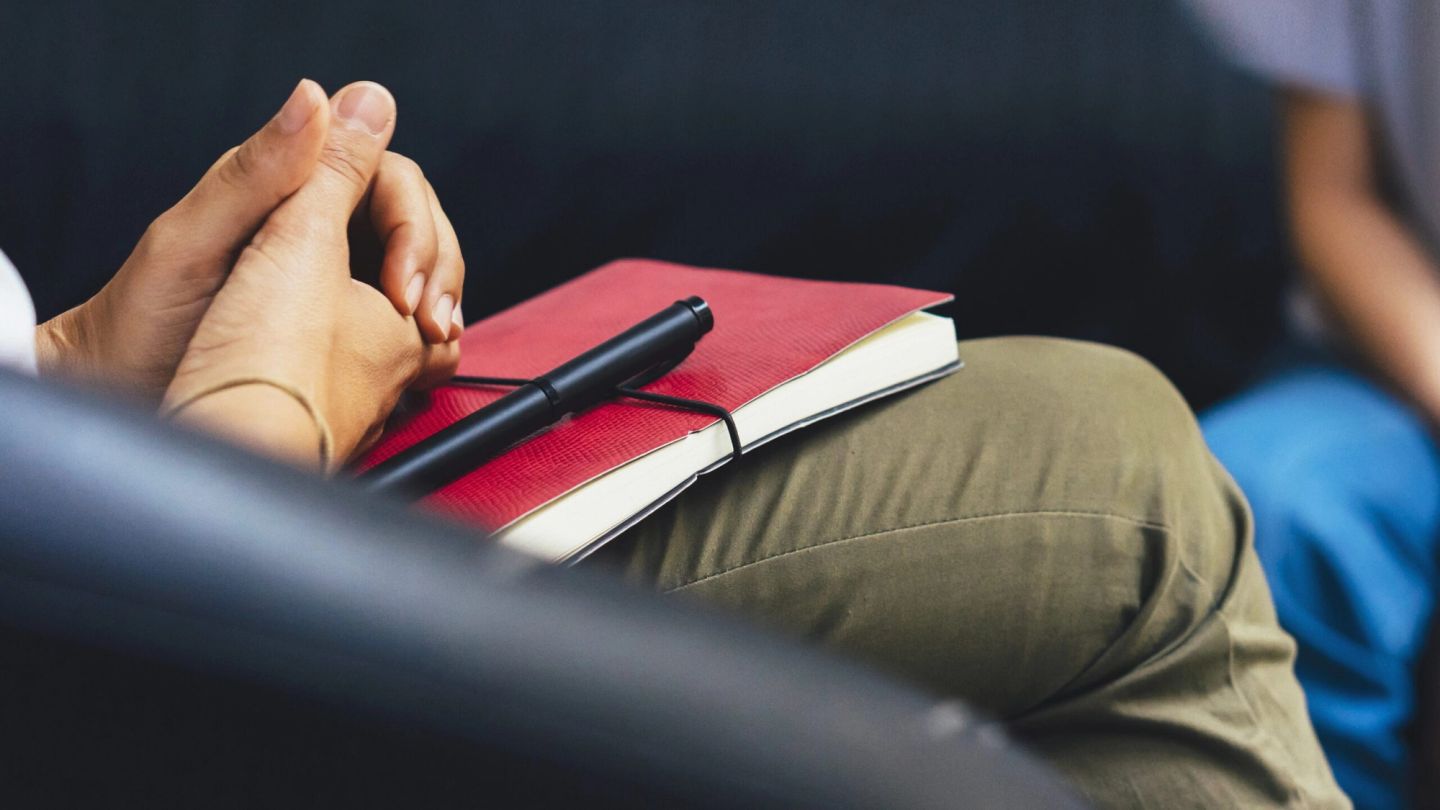
Google’s former in-house therapist tells us how to cope with the COVID-19 crisis
We asked NYC-based psychotherapist and writer, Katherine Schafler how she, as a Licensed Mental Health Counsellor, would advise us on staying safe during the pandemic
Words: Jonathan Wells
2020 hasn’t been easy on any of us. We’re self-isolated, locked-down and coping with more stresses, worries and threats with every passing day. The future, for now at least, looks very uncertain.
But, if we can depend on anyone to predict the future and help our cause, it’s those tech bods out in Silicon Valley. And they have been helping. Messaging service Slack and meditation app Headspace are offering some of their products for free. Tesla has begun to manufacture ventilators. And Google is building a website to preliminarily screen people for symptoms. It’s all go south of San Francisco.
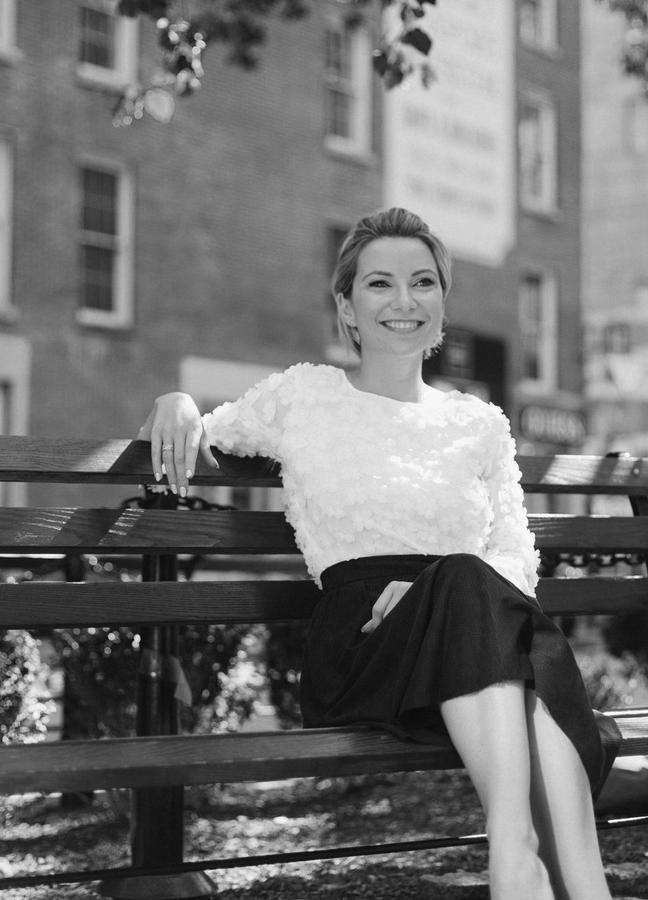
But how do these high-flying, high-tech companies keep their employees safe and secure? We spoke to Katherine Schafler, an NYC-based psychotherapist, writer and Google’s former in-house therapist, about how independent working was already a way-of-life for many Silicon Valley workers — and why it’s important we all stay connected during this confusing time. Here are her six rules for well-being during the lockdown.
Ensure you remain connected to the outside world
“Connection and flexibility, in my opinion, are the cornerstones of good emotional health,” says Schafler. “And connection to yourself is the most important. It’s okay if you don’t feel like Zooming or texting and would prefer to watch a movie or just get a heap of work done. But what’s not okay is when you start feeling disconnected from yourself.
“You know you’re not connected to yourself when all your choices start to feel the same,” Schafler adds. “As if it doesn’t matter what you eat or when you go to bed or how you spend your time. That’s when you’re beginning to lose connection to yourself and that must be addressed. With regards to watching the news, I’d suggest choosing two sources of reliable information and only looking at scheduled intervals in the day.”
Look for the positives of being stuck indoors
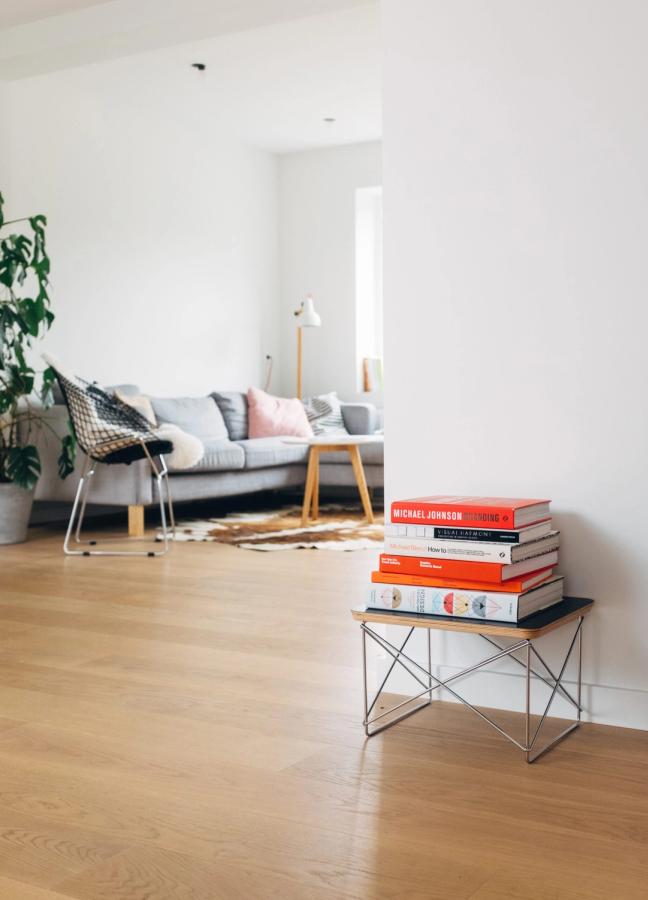
“Think, what would be a bonus about being stuck inside for you?” asks Schafler. “Because what’s beneficial is different for everyone. While we’re all in this together, and this virus is the ultimate reminder of our interconnectedness, we’re also each unique. Maybe you take this time to let go of anything in your home that doesn’t add beauty, provide function, give you energy or help you connect to yourself and others. It’s a great time to purge what no longer serves us.”
You must sometimes feel bad to feel better

“The great therapeutic irony is, if you want yourself to truly feel better, you have to give yourself permission and space to feel bad in the first place,” explains Schafler. “The world is in a collective state of grief, and it won’t serve us to try to minimise the impact that coronavirus is having on every single one of us.
“Allow yourself to take in what’s happening,” she continues, “and read more about grief to help you understand how to navigate through it. Actionable tips are everywhere, and if certain ones don’t feel right for you, you’re not doing anything wrong. Grief is not a linear process, so there’s no right way to feel. The important thing is to keep trying to envision what’s on the other side of the grief.”
Establish a routine for this new way of life
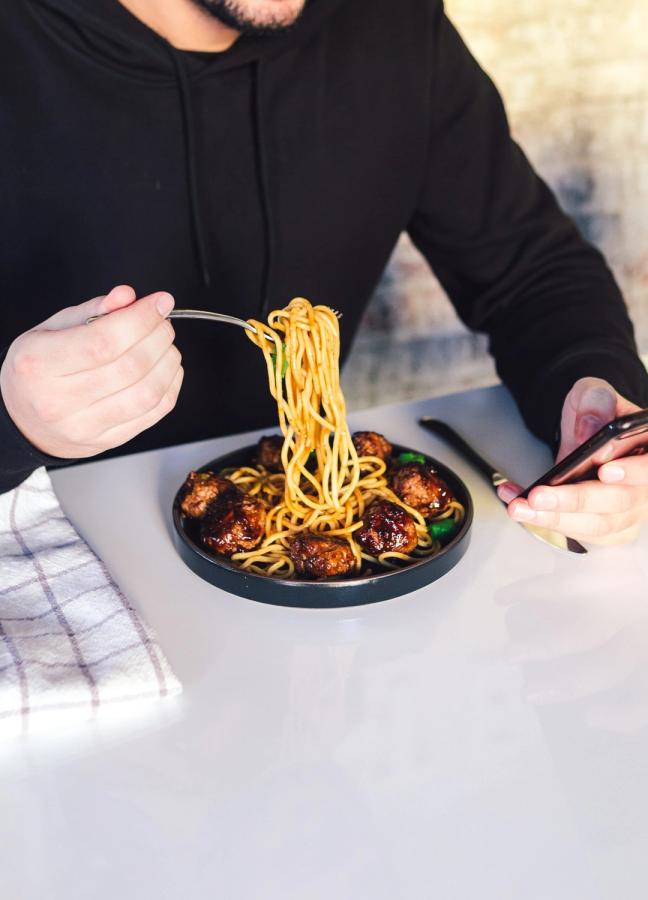
“It doesn’t need to be the same routine you used to follow,” Schafler explains of daily structures. “We don’t need to pretend nothing has changed. Instead, consider which routines would help you feel connected to yourself and your greater goals right now. For example, in my house we’ve incorporated music a lot more into our routines because it helps reset the mood and give us all extra energy. After breakfast, we turn the music up loud over here.
“Also, in NYC,” she adds, “at 7pm, we all open our windows, scream, cheer and bang pots for the healthcare workers that are risking their lives to save ours. I’ve also been trying to Facetime my two- year-old’s grandparents every other night so they can still see her and so she knows them. Even getting dressed in real clothes. Simple, routine things like that can make a huge difference right now.”
Don’t get upset with your cohabitants — solve any problems instead
“Conflict is normal and natural in all healthy relationships,” explains Schafler. “I’d recommend understanding that within conflict lies the opportunity to renew courtship, learn something new about someone, and be better seen and understood yourself. I’ve written more on the surprising benefits of conflict and how to exploit them to your advantage here.”
Remember this isn’t just ‘working from home’
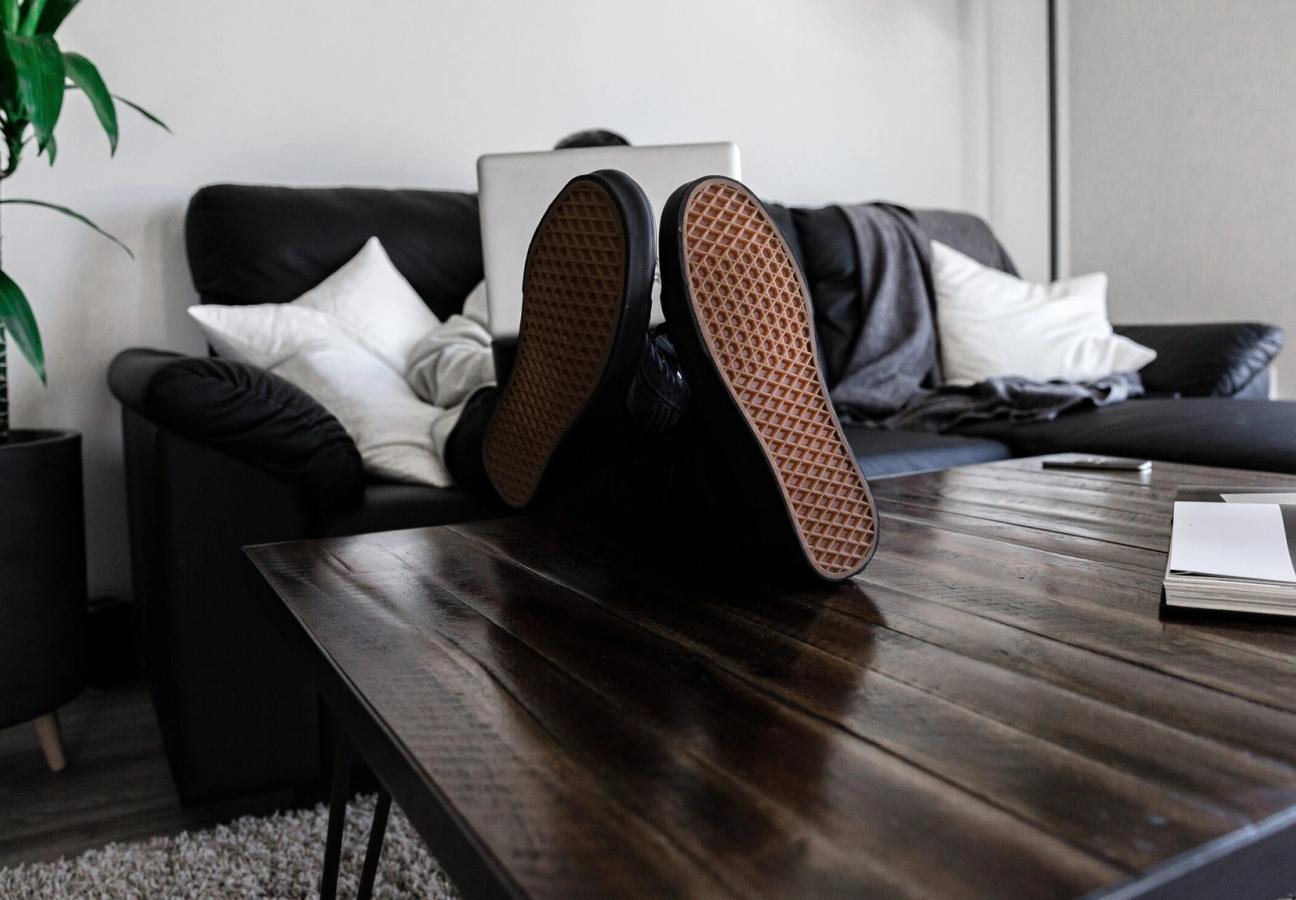
“This is going to be different for each person and each situation,” Schafler rationalises, adding that anyone particularly struggling should get in contact with a health professional or crisis line. “Some people may love working from home, but not with children who can’t go to school. Stress will always be there, but it’s there in a different way now, and we’re all riding the same learning curve on trying to figure out how to manage it.
“So, above all, go easy on yourself and others. I heard something really great the other day: ‘Remember, you’re not working from home, you’re trying to work during a global pandemic crisis at your home’.”
Want more expert insight into self-isolation? We asked an undercover police officer how he survived in safe houses…
Join the Gentleman’s Journal Clubhouse here.


